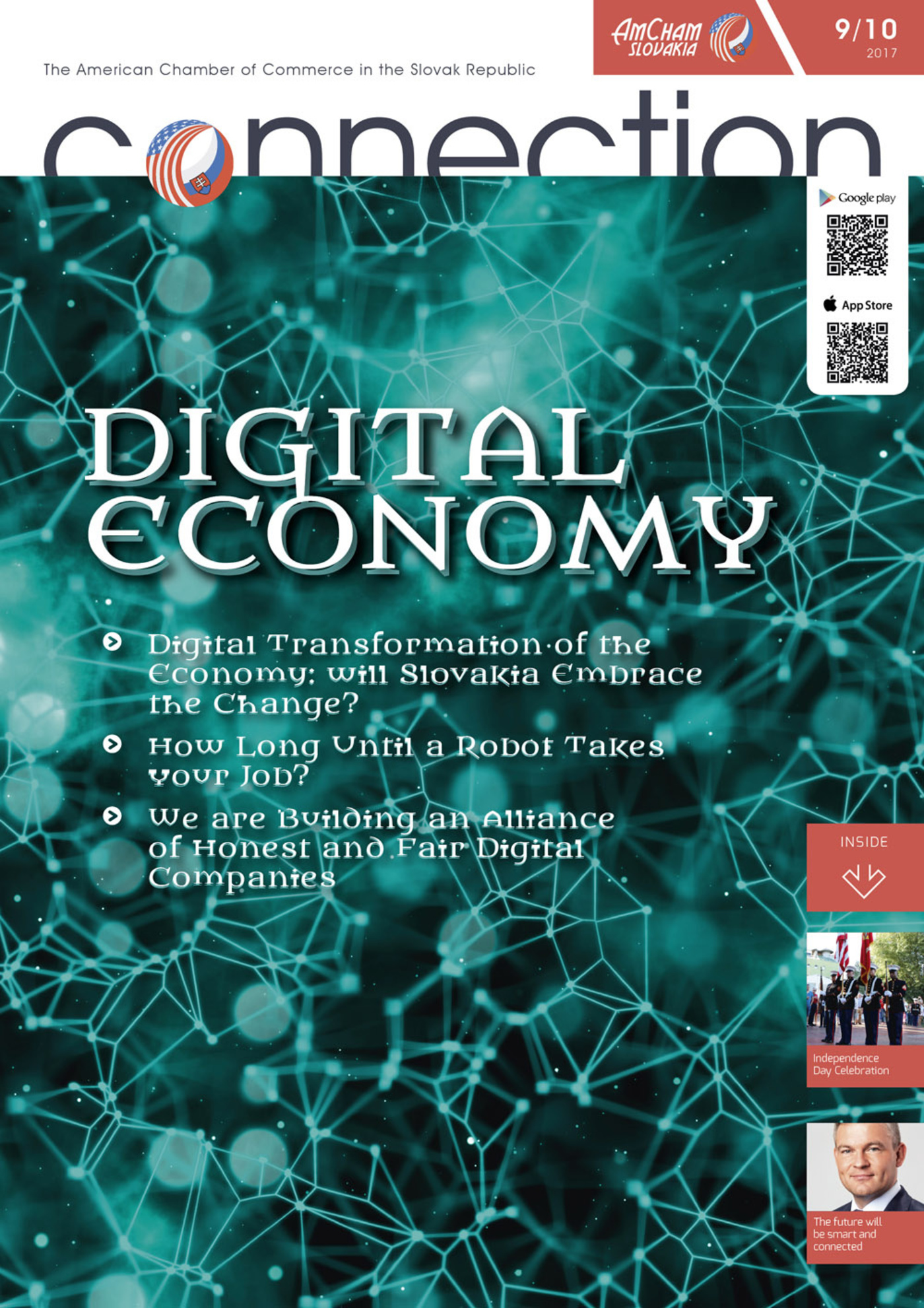Technology, including digital services, is transforming the way we work and the way we live at a rapid pace. When I started my university studies, I could not even imagine that one day I would easily book a room in somebody else’s apartment or hail a ride with a complete stranger with a tap of a button. Today, new technologies are empowering consumers and disrupting traditional business models around the globe. Although technology has always been a step ahead of the regulations, this step has rarely been bigger given today’s rapid technological change. New phenomena such as the collaborative economy have been embraced by millions across the EU in just a couple of years. As a result, many European countries have already modernized their legislation and many more are in the process of doing so.
Tech-powered ridesharing can serve as an illustrative example of how new technology can bring tangible benefits to consumers and cities alike. By making a safe, affordable, and reliable ride just a click away, ridesharing is becoming a credible alternative to individual car ownership. Joining a car ride from Bratislava to other cities in Slovakia can be cheaper and more convenient than using your own car. The same goes for moving around the city. Ridesharing services are transforming the concept of urban mobility and providing incentives to traditional transport providers to innovate and improve their services.
But there is more to the collaborative economy and ridesharing than just individual benefits of users and service providers. By promoting disruptive technologies such as ridesharing, regulators can also harvest tangible collective benefits. For instance, getting more people in fewer cars by pooling rides will make our cities less congested and polluted.
It is no secret that individual car use comes at a considerable public cost. There are more than one billion cars in the world today, but yet an average car sits idle 96% of the time. Up to a fifth of the land in cities is used for parking lots instead of schools, bicycle lanes or parks. Moreover, 22% of all CO2 emissions globally come from transportation. Finally, in cities like Los Angeles and Sydney, an average person wastes two whole working weeks stuck in traffic every year. This means less time with family, less time at work and a whole load of stress that no one needs.
Individual and collective benefits from more efficient use of existing resources are guiding policy action across Europe. Naturally, many established industries and vested interests push back to protect the status quo at the detriment of consumers. In order to encourage national policymakers to create rules fit for the 21st century, the European Commission issued “The European Agenda for the Collaborative Economy” in May 2016. It offers a set of guidelines for Member States on how to approach the collaborative economy from a regulatory perspective. As a result, a reform wave is sweeping across Europe with the Baltic states leading the way in enacting tech-friendly and consumer-focused ridesharing regulation. New laws are liberalizing and modernizing transportation markets by simplifying barriers to entry and by integrating new technologies, such as GPS-powered ridesharing apps. Policymakers are favoring flexible regulation which allows for new business models to coexist with existing taxi services.
As one of the most tech-savvy European nations, Slovaks were quick to embrace ridesharing and collaborative economy in general. That is why we can see a growing need for a forward-looking regulation in Slovakia. The Ministry of Economy has been working on a collaborative economy strategy over the past months. Moreover, both the Minister of Finance and the Deputy PM for Investments and Informatization have expressed their support for liberalizing passenger road transport and integrating new technologies. As the Baltic examples show, it is not impossible to accommodate new business models alongside the traditional ones. Looking at the ridesharing sector, Slovakia could follow a similar path and create a complementary category of road passenger transport, which would be based on cashless payments and electronic ordering. Such a flexible and future-proof regulatory solution would boost competition, eliminate tax evasion through transparent cashless payments, and enhance consumer protection.
But regulating ridesharing is only the first step towards seizing the full potential of new technologies. Slovakia has a chance to join the fast growing group of progressive European countries that have already regulated ridesharing and other parts of the collaborative economy. It is time for Slovakia to embrace the future instead of resisting it.
Tomáš Peťovský, General Manager, Czech republic & Slovakia, Uber



Follow us